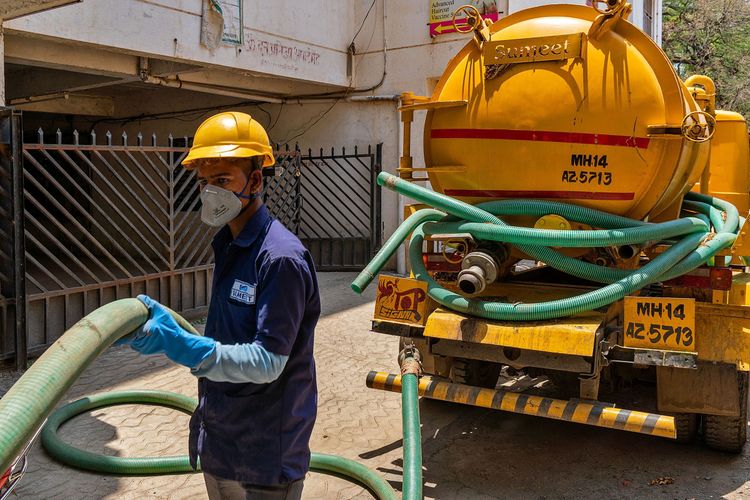Beyond toilets: the Wai–Sinnar model for safe and sustainable CWIS
Contributed by Dr Meera Mehta, Dr Dinesh Mehta, Aasim Mansuri, Dhruv Bhavsar, Arwa Bharmal, Kasturi Joshi, Aditi Dwivedi, Bhushan Tawlare and Arfat Attar, CWAS-CEPT University

Contributed by Dr Meera Mehta, Dr Dinesh Mehta, Aasim Mansuri, Dhruv Bhavsar, Arwa Bharmal, Kasturi Joshi, Aditi Dwivedi, Bhushan Tawlare and Arfat Attar, CWAS-CEPT University
